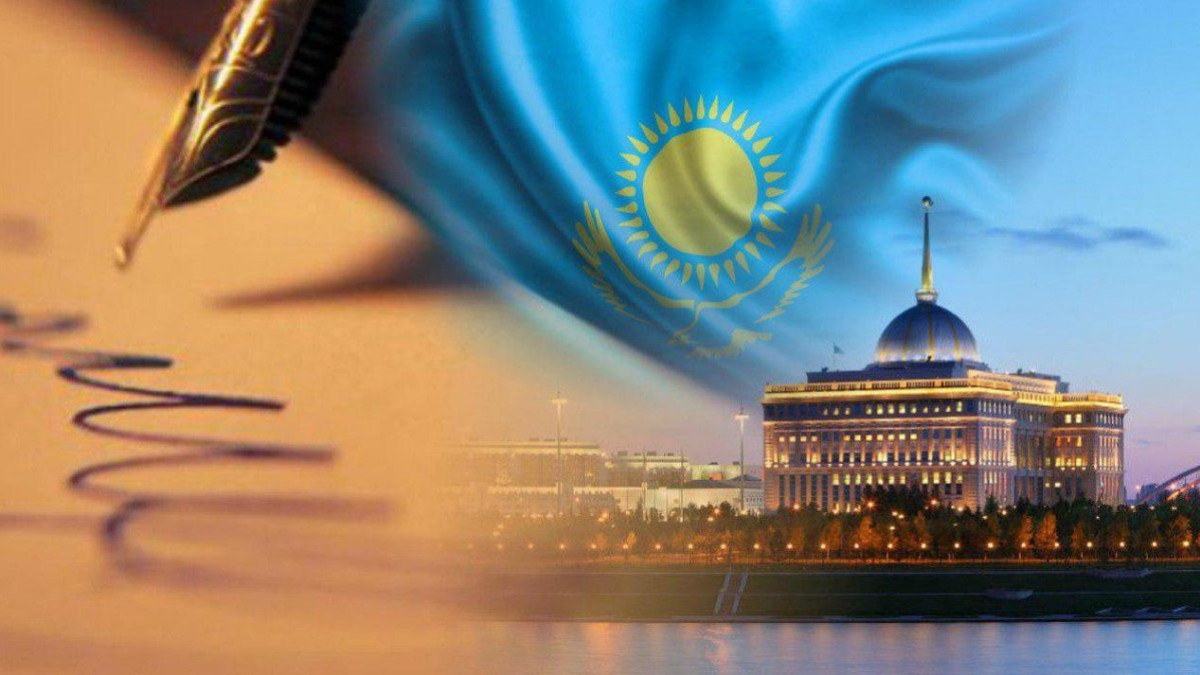On May 6, President Kassym-Jomart Tokayev signed a law introducing amendments and additions to certain legislative acts of Kazakhstan related to science and education. The changes aim to enhance the financial status of educators and researchers in the country, improve educational benefits for military personnel, support commercialization of scientific and technical outcomes funded by business entities, and create favorable environments for scientific advancements at the local level.
The first set of amendments focuses on enhancing the financial status of educators and researchers in the country. Individuals with specific academic degrees and titles will receive additional payments ranging from 92,300 tenge (US$210) to 184,600 tenge ($419). Those with degrees such as Doctor of Philosophy (PhD), Doctor of Science, Candidate of Sciences, and the academic title of Associate Professor will be eligible for these payments.
Monthly stipends will also be available for scientists conducting research at their primary workplaces, with scholarships funded by the investment income of higher and postgraduate education institutions’ endowment fund for promising young scientists under the age of 40. These scholarships will provide financial support to young scientists who are pursuing careers in science and technology.
The second aspect of the amendments focuses on educational benefits for military personnel. Quotas have been established to provide educational grants to support their training at higher education and postgraduate institutions after completing their mandatory military service. This initiative aims to encourage military personnel to pursue further education in science and technology fields after they complete their service duties.
The third part of the legislative changes addresses projects aimed at commercializing scientific and technical outcomes funded by business entities. This provision aims to promote innovation by providing incentives for businesses to invest in research and development projects that have commercial potential. This provision will help businesses develop new products or services based on scientific research findings.
In the fourth segment, local executive bodies are given responsibilities to implement state policies concerning science and scientific activities in their regions. This initiative aims to create favorable environments that support scientific advancements at the local level. Local governments are expected to develop policies that promote collaboration between academia and industry sectors, foster innovation, and encourage entrepreneurship in science-related fields.
Overall, these amendments demonstrate Kazakhstan’s commitment towards promoting innovation through investment in research
